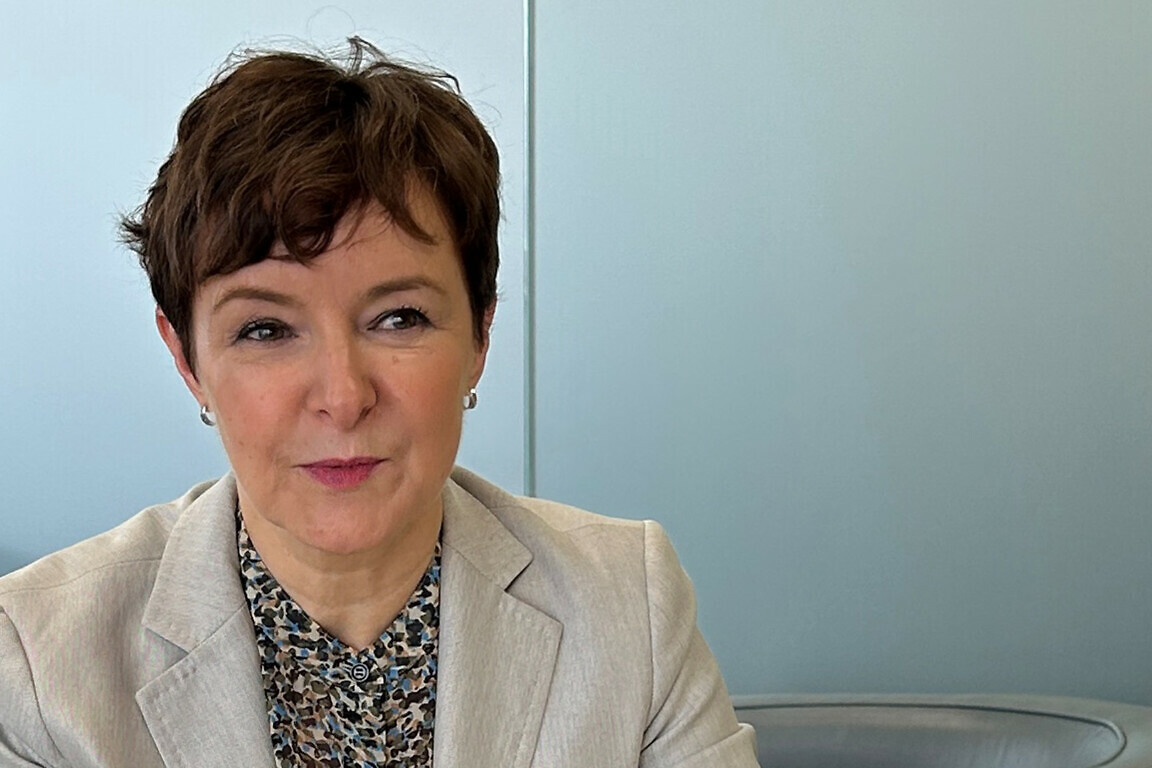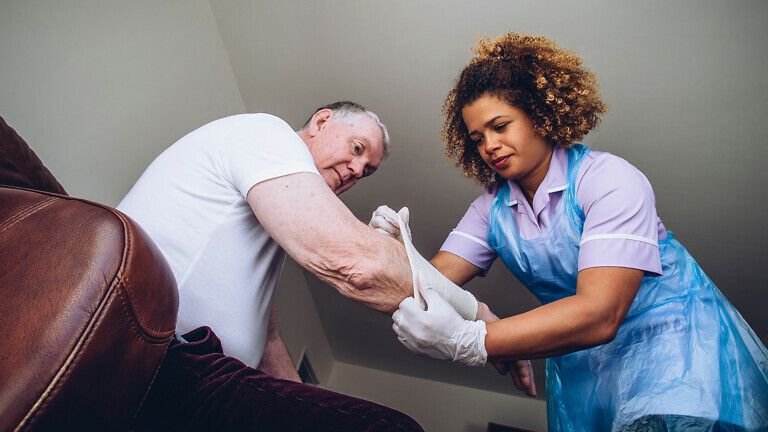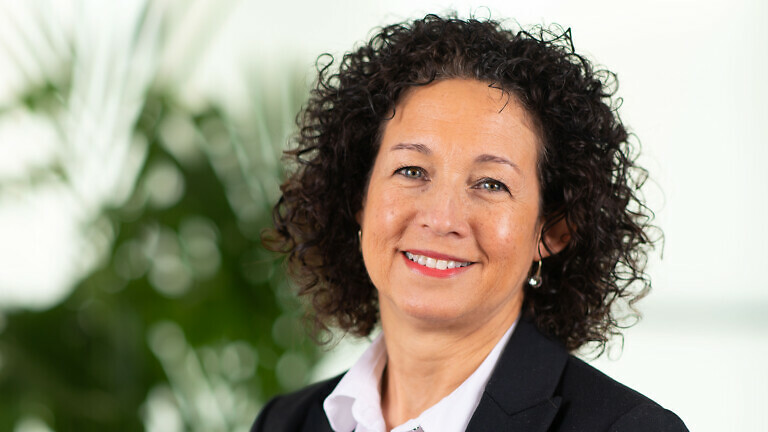The new Parliamentary and Health Service Ombudsman says that she wants to listen to people and show them that their complaints matter.
Paula Sussex has taken up the post of Parliamentary and Health Service Ombudsman (PHSO) at a critical moment for the NHS, with rising pressure on community services and growing concerns that too many people struggle to get problems resolved before they become serious failings.
Only four months into the job, she says that while individual redress is central to the role, she intends to improve public service. Here she talks to Healthcare Today about why communication is often the problem, how she plans to work with other organisations and that complaints can and do make a difference.
You are only four months into the job. How are you refining the Ombusman role beyond individual complaints?
When I came into the role, I made clear that while I firmly support the importance of individual redress, which is central to our statutory duty, I am equally focused on how the Ombudsman can play a more active role in improving public services.
A major part of that involves understanding areas of systemic or structural weakness – issues we can see emerging across multiple complaints. The voices of individual users often highlight problems that are affecting many more people. Even a single complaint may signal a much wider issue that needs attention. Where we can improve services for the many by listening to the few, we absolutely must do so.
The system includes a large number of regulators and oversight bodies. In such a complex environment, particularly in healthcare, it is vital that when we have common cause with another organisation, we consolidate our analysis and align our recommendations. We are, of course, independent – but we should avoid a situation where frontline services face a row of different bodies, each pointing the finger in slightly different ways.
Individual redress remains critical. Yet the insight we gain from complaints – the voice of the user – can point to more fundamental, widespread shortcomings. In health especially, we need to ensure that we contribute constructively to a system already under considerable pressure, rather than simply becoming another loud voice in an already crowded landscape.
“Strong communication and constructive handling of feedback at the very first point of contact are essential.”
Many of the cases that reach your office involve gaps in communication and coordination in community services – what are the most common themes you’re seeing?
Communication is a major issue, and there are many different angles to it. The key is to identify specific, tangible areas where we can drive improvement. Take, for example, the culture surrounding the handling of complaints. Throughout my career as a chief executive, I have always believed that complaints are a gift. Although it sounds cliché-ed, it is true, because they help us understand where services are falling short.
What I am particularly interested in, within the health sector, is how complaints are responded to across the entire system, and how they are used to pinpoint where change is needed and where weaknesses lie. Part of this starts right at the beginning – in clinical and medical education. How are the clinicians of the future being trained to receive feedback? As the relationship between patients and clinicians continues to evolve, how are they learning to communicate effectively, in both directions, at the moment when concerns first arise?
Strong communication and constructive handling of feedback at the very first point of contact are essential. It is an area that deserves real focus.
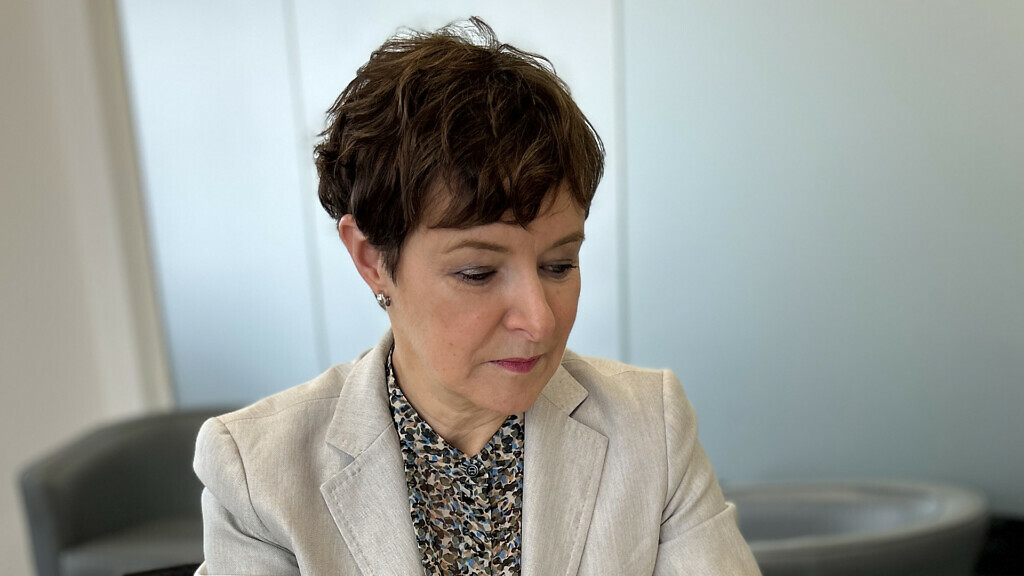
When we talked to Helen Vernon, chief executive of NHS Resolution, she made clear the need to de-escalate the nature of complaints. What needs to change so that making a complaint feels supportive rather than adversarial?
We, along with NHS Resolution, are already discussing exactly this issue – how our two organisations can work more closely together. That may involve simply sharing insight, but we are also exploring how we might collaborate more actively to help de-escalate matters, exactly as Helen described. A very large proportion of the people who come to us say: “I don’t want this to happen again”. They want their experience to be acknowledged and to result in improvement. Yes, financial remedy can be important, but it is not the primary driver in most of the cases we see. The question becomes: how can we work together to achieve resolution earlier?
Do you think the NHS continues to be defensive around complaints? All too often, complaints seem to finish with “the system is under pressure”?
Even in just four months, I have seen excellent examples within very pressurised hospital trusts where there is no defensiveness at all – where leaders are genuinely oriented towards listening to feedback and learning from complaints. I recently met the executive team of a very large hospital trust, and at every senior level, they review complaints and feedback daily. It is a clear demonstration of the opposite of defensiveness.
Of course, there are instances where the response can be defensive – sometimes understandably, sometimes less so. And, as with any cultural change, much depends on the leadership of those organisations. It may sound like a truism, but it remains absolutely right: strong leadership goes a very long way.
“As a parliamentary body, we can shine a spotlight when we see structural problems emerging.”
What are the risks for patients when complaints involve multiple providers across different settings? How can learning be ensured across boundaries, rather than changes being made only within one organisation?
In our investigations, we can make recommendations at multiple levels of the system – and that’s an important part of our role. We also have the advantage of voice: as a parliamentary body, we can shine a spotlight when we see structural problems emerging.
Often, an issue starts with a policy decision at the Department of Health and Social Care, which might then be compounded by a lack of skills or capability elsewhere in the system, and finally shows up as poor complaints handling in a trust or GP practice. All those layers add up. Getting the analysis right, really understanding where and how things are going wrong, is critical.
Where we can make direct recommendations, we do. But we can also escalate matters by reporting to parliament in different ways. Our relationship with select committees, for example, is hugely important in ensuring that analysis is heard and acted upon.
In my first few months, I’ve been struck by how keen parliamentarians are to hear from us – to understand what we’re seeing on the ground and where their attention might be needed.
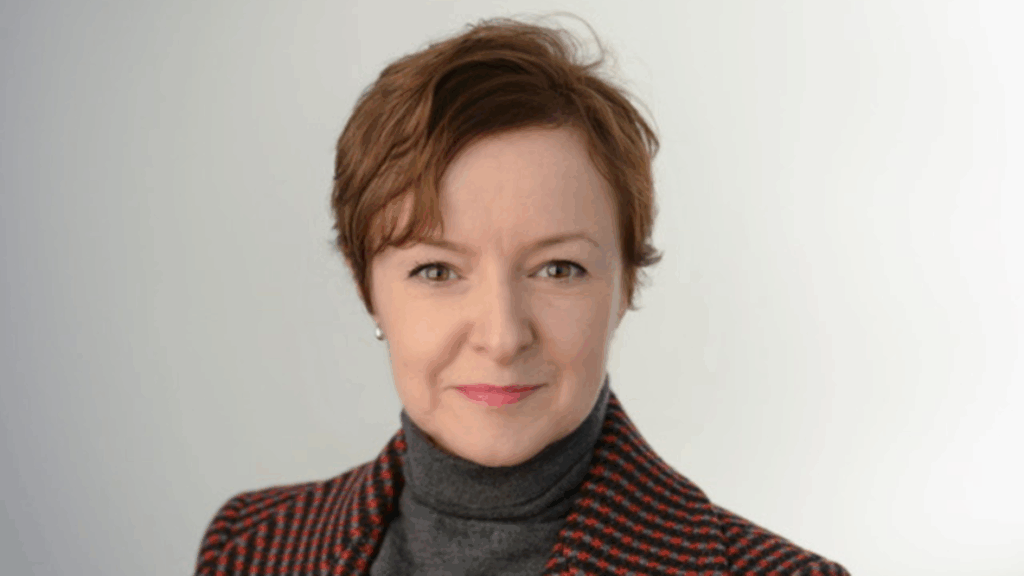
How will you intend to reach the people least likely to complain – those facing digital exclusion, language barriers or fear of repercussions? How do you make sure their voices are heard?
This is a major focus for us at the PHSO. First, we need greater public awareness. People need to know the Ombudsman exists.
But it’s also about reaching communities who may find it culturally unfamiliar to bring a complaint to a parliamentary body. We’re talking with organisations in the voluntary and advocacy sectors to understand how we can get closer to the issues their service users raise. That could mean creating some sort of portal so those organisations can act as trusted intermediaries. We haven’t finalised a model yet, but we recognise that a mental health charity, for example, may have a level of trust with someone that we, as part of the state, do not – and it’s essential their voices are heard.
I also want to be very clear that complaints can and do make a difference. I often cite the Windrush compensation scheme case: the Tobierre family persisted in raising concerns about compensation. We took up their complaint and worked collaboratively with the Home Office – and as a result, the policy was changed. That’s the point: if someone feels something isn’t right, they pursue the local process and still feel unheard, we will look at it – and if they’re right, we’ll push for change. It’s vital that people know the state listens.
“The PHSO isn’t an improvement body, what we bring is data, insight, independence and a powerful voice.”
Do you intend to push for stronger levers – clearer reporting duties or consequences when learning is not adopted?
The PHSO has a set of reforms that would help us do our job better, like removing the MP filter – the requirement that a complaint to the PHSO must first be referred by a member of parliament. They’re all sensible proposals. But realistically, this is a very busy parliament, and while we continue to push for those changes, we can’t rely on them. We still have to be effective with the powers we have.
That’s why communication, awareness and outreach are so important – really thinking about our audiences and building trust in us, and in the state. Listening, listening, listening is absolutely crucial. Securing parliamentary time for certain issues can be very difficult. In the meantime, we focus on what we can influence: listening to people and showing that their complaints matter.
What will success look like for you in two years’ time?
If I can show that we have played an active part in improving a public service, that would be tremendously important. The PHSO isn’t an improvement body, what we bring is data, insight, independence and a powerful voice. So often that will mean working with other organisations, and sometimes our role won’t be very visible. But we will know that we’ve helped drive positive change.
